Plant Physiology and Cell Biology by Dr. Aman Biswas and Dr. Subroto Biswas, published by McGraw Hill Education, is an authoritative and meticulously crafted textbook that integrates fundamental concepts of plant biology, cellular functions, and physiological processes. Designed for undergraduate and postgraduate students in botany, plant sciences, agriculture, and life sciences, this book serves as a definitive guide for mastering plant physiology and cell biology while also catering to aspirants of competitive examinations such as CSIR-NET, GATE, and university entrance tests.
Key Features of the Book:
1. Comprehensive Coverage of Core Topics:
The book systematically explores critical areas of plant physiology and cell biology, including:
- Transport in Plants (Chapter 1): Mechanisms of water, nutrient, and solute movement.
- Mineral Nutrition (Chapter 2): Essential elements, their roles, and deficiency symptoms.
- Photosynthesis in Higher Plants (Chapter 3): Light and dark reactions, C3 & C4 pathways.
- Respiration in Plants (Chapter 4): Glycolysis, Krebs cycle, and electron transport chain.
- Plant Growth and Development (Chapter 5): Hormonal regulation and environmental influences.
- Cell: The Unit of Life (Chapter 6): Prokaryotic and eukaryotic cell structures.
- Biomolecules (Chapter 7): Proteins, carbohydrates, lipids, and nucleic acids.
- Cell Cycle and Cell Division (Chapter 8): Mitosis, meiosis, and cell cycle regulation.
2. Student-Friendly Approach:
- Clear and concise explanations with diagrams, tables, and flowcharts for better visualization.
- Key terms and definitions highlighted for quick revision.
- Chapter-end summaries to reinforce learning.
3. Exam-Oriented Content:
- Includes practice questions, MCQs, and previous years’ competitive exam questions.
- Structured to meet the syllabi of Indian and international universities.
4. Updated and Research-Based:
- Incorporates latest advancements in plant biology and cell research.
- Authored by renowned experts with extensive academic experience.
Why Choose This Book?
1. Trusted McGraw Hill Publication – Known for high-quality academic resources.
2. Balanced Theory and Application – Connects concepts with real-world plant functions.
3. Ideal for Multiple Learning Levels – Suitable for B.Sc., M.Sc., Ph.D. students, and researchers.
4. Perfect for Competitive Exams – Helps in cracking CSIR-NET, GATE, ICAR, and ASRB exams.
Target Audience:
1. Students of botany, plant physiology, biotechnology, agriculture, and life sciences.
2. Teachers and researchers seeking a reliable reference book.
3. Competitive exam aspirants focusing on plant sciences and cell biology.
Conclusion:
Plant Physiology and Cell Biology is a must-have textbook that bridges fundamental concepts and advanced topics in plant sciences. With its well-organized content, illustrative diagrams, and exam-centric approach, it stands as an essential resource for academic success and research in plant biology. Whether you are a student, educator, or researcher, this book by Dr. Aman Biswas & Dr. Subroto Biswas will serve as a comprehensive guide to mastering plant physiology and cellular mechanisms.

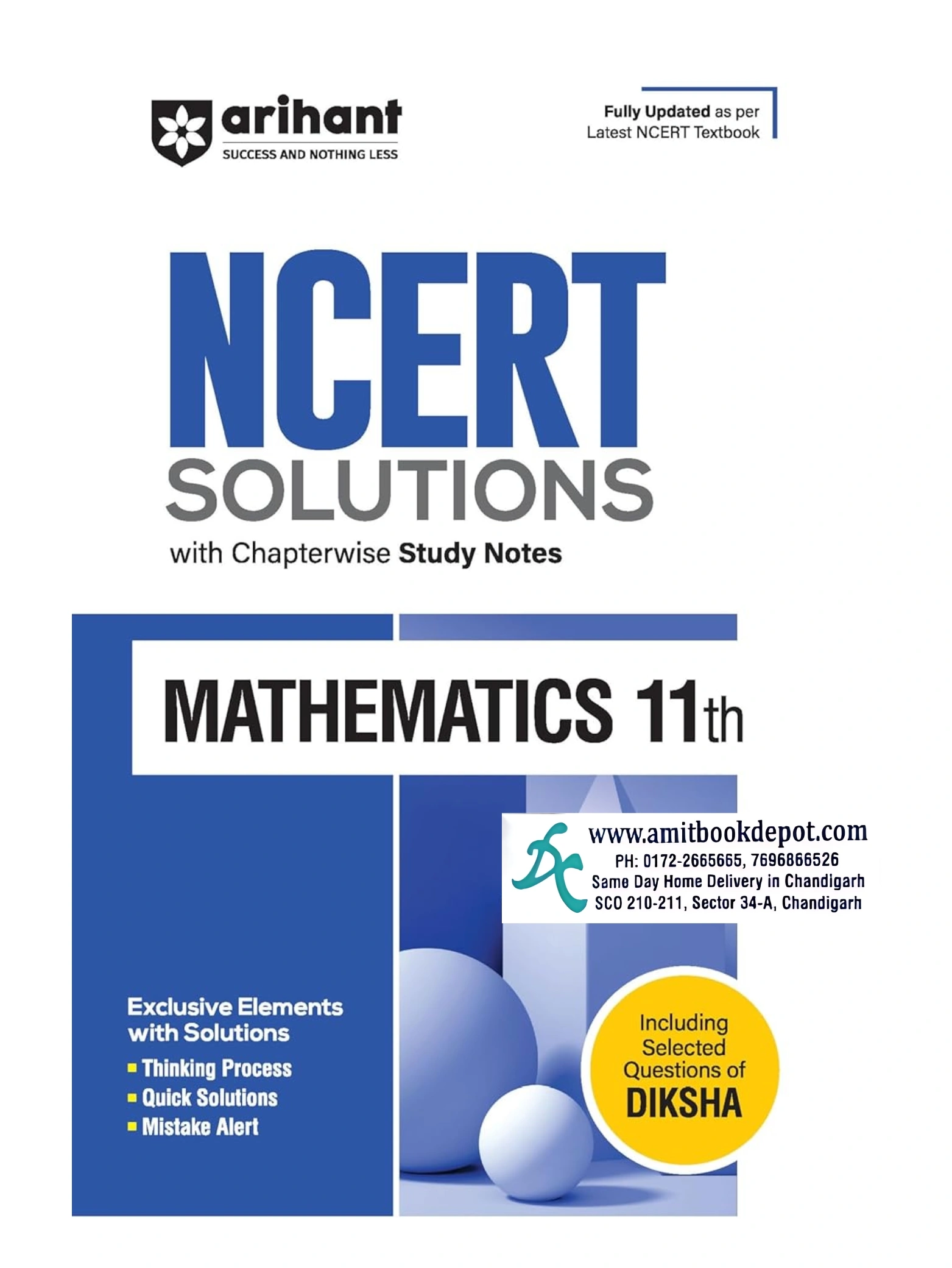




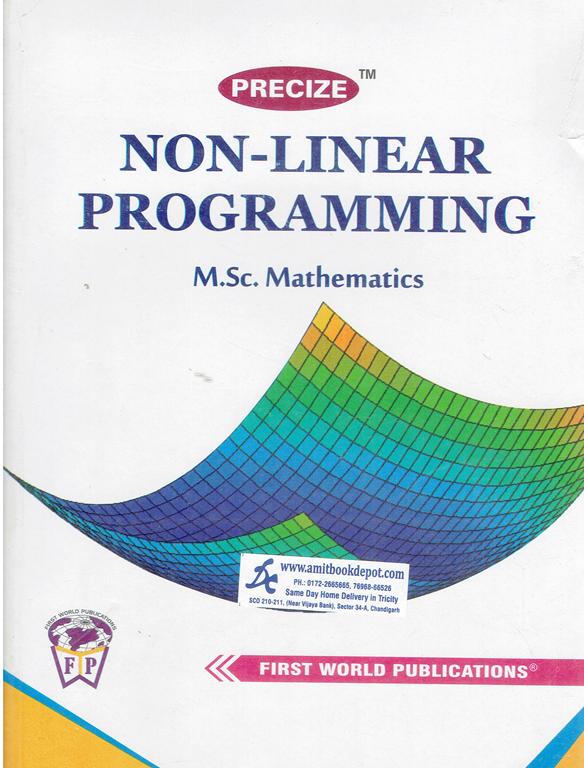
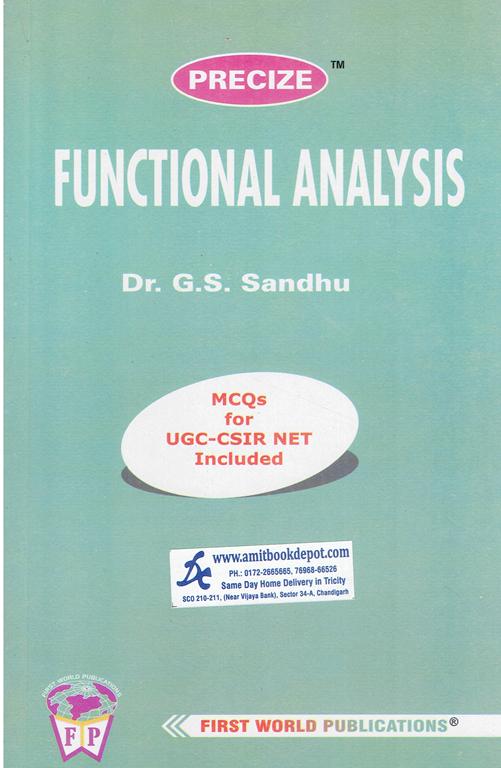
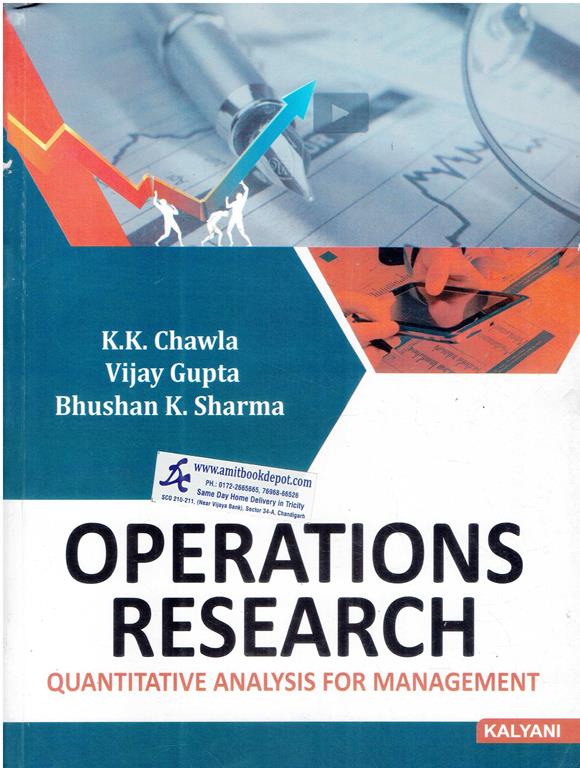



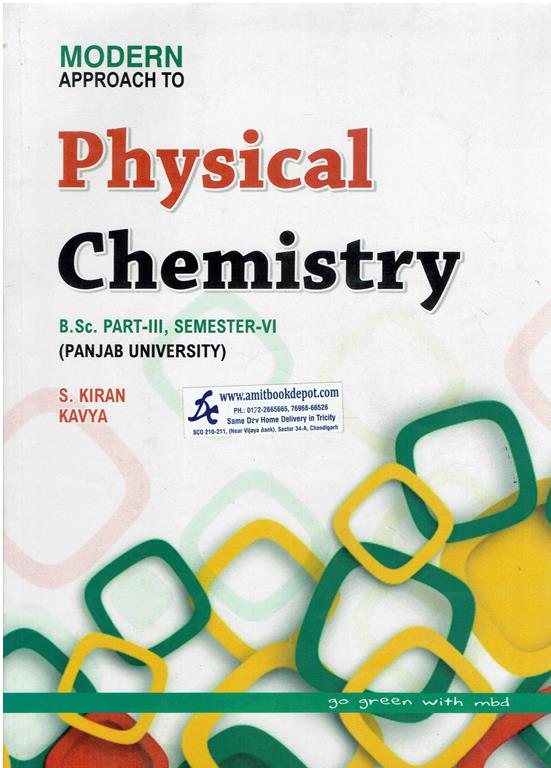





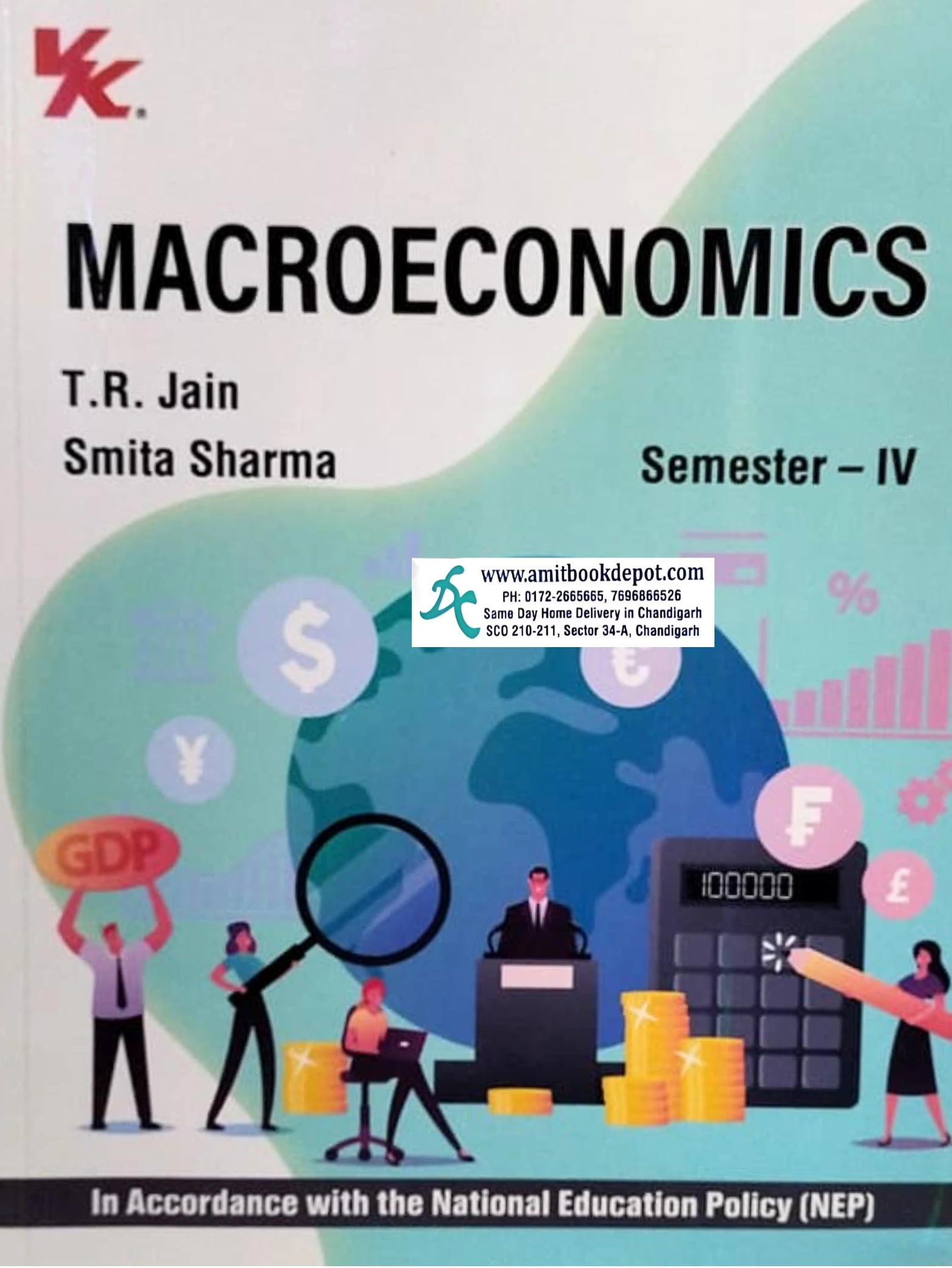

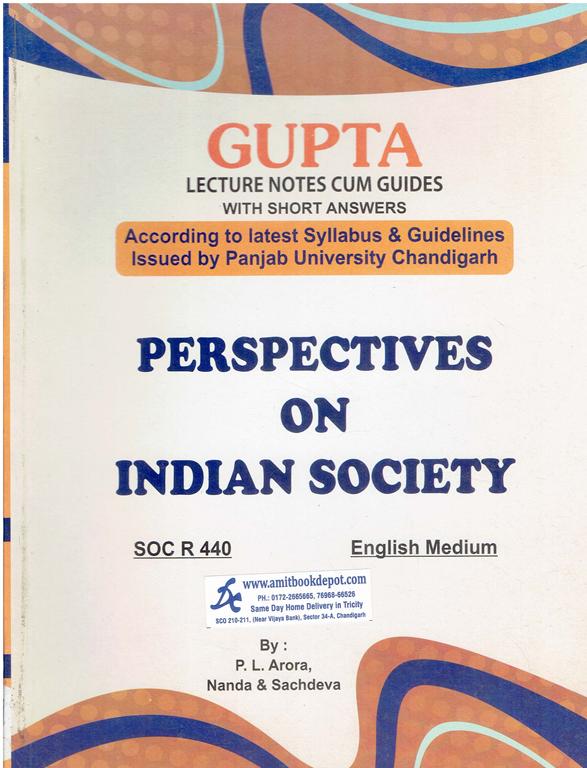
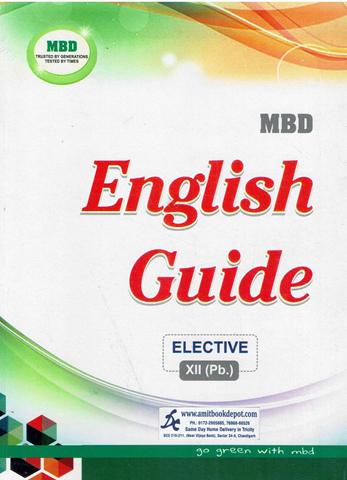

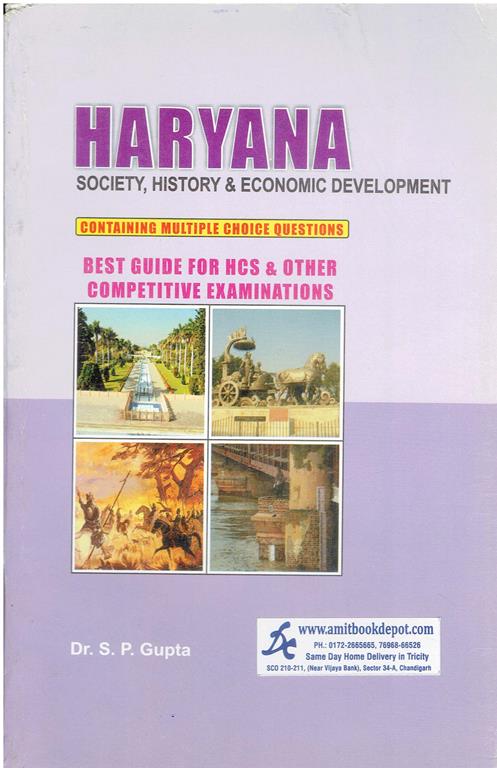
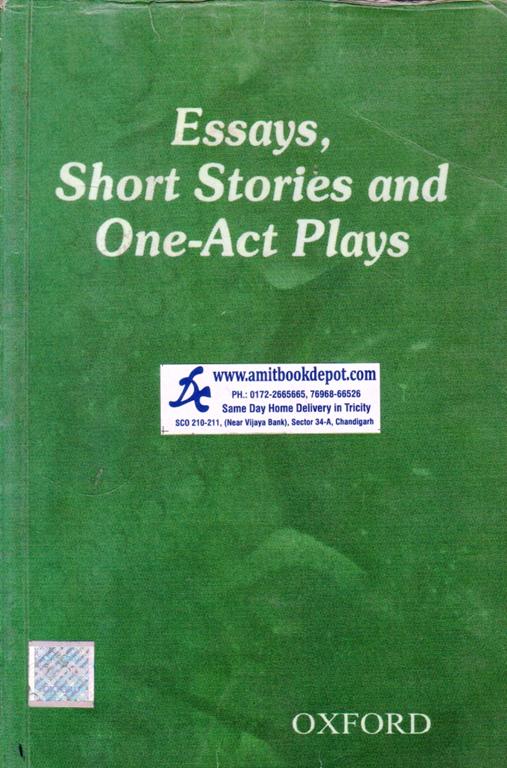






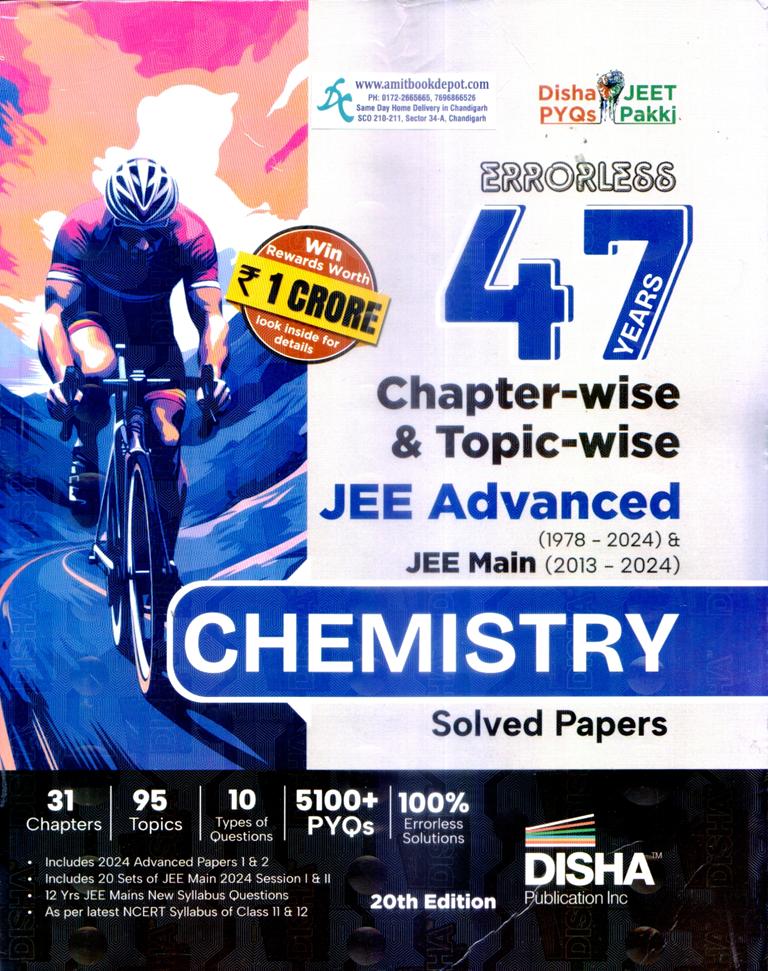
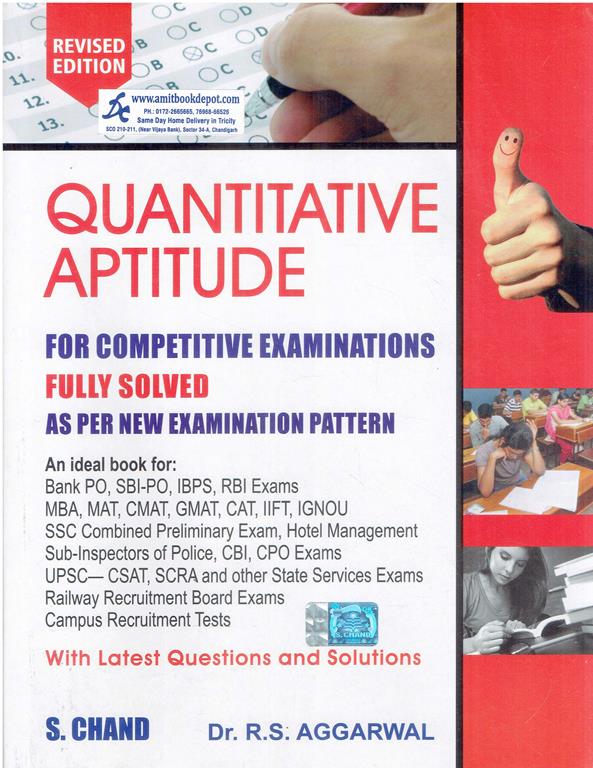
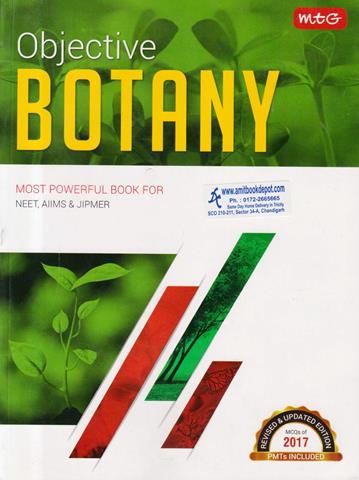







.jpg,photos/uploads/AAD1559_6715 (3).jpg,photos/uploads/AAD1902.jpg)











